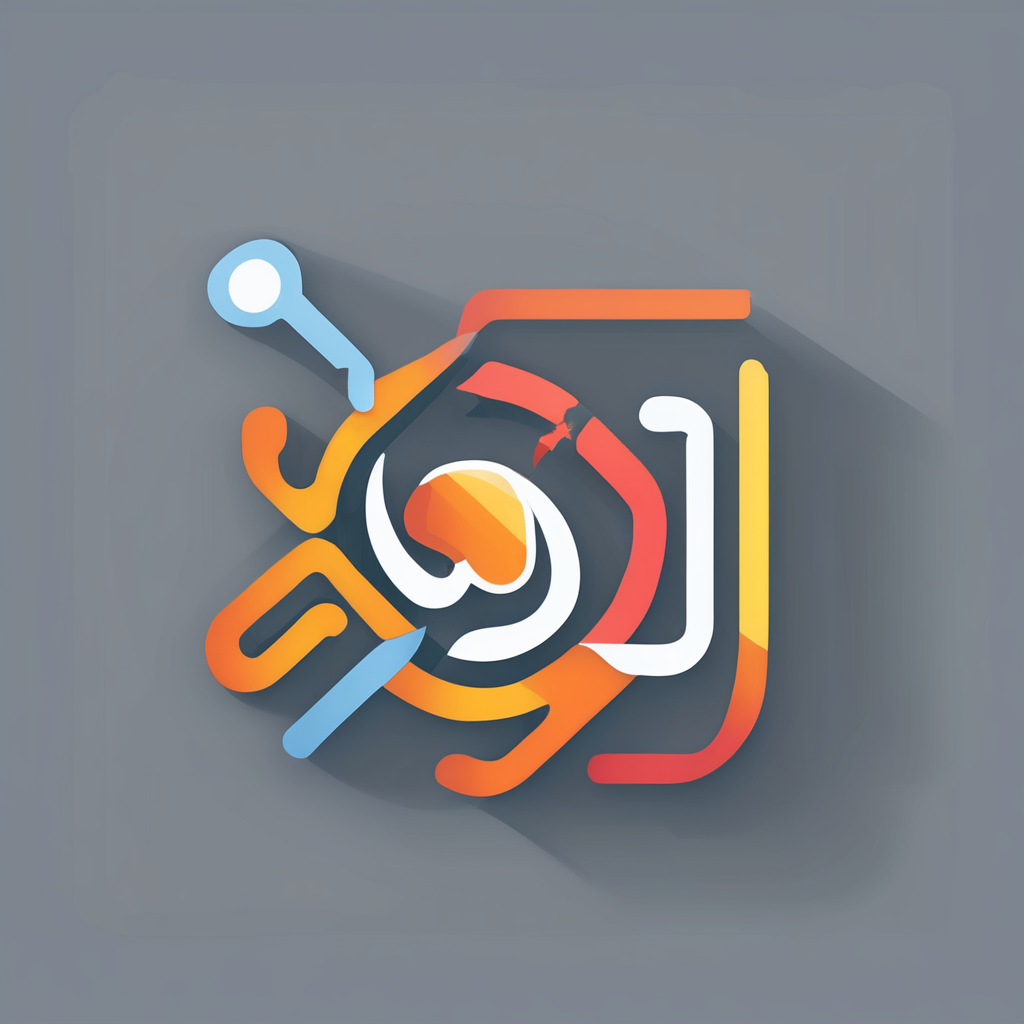Recent Innovations in UK Health Technology
The UK has been at the forefront of health innovations, pushing boundaries with groundbreaking technologies that transform healthcare. Digital health solutions are becoming more sophisticated, offering enhanced patient care and improved medical processes.
Groundbreaking Technologies
In the realm of UK health tech, several cutting-edge solutions have emerged. Telemedicine, for instance, has redefined the way patients access medical consultations. By facilitating remote connections with healthcare professionals, it significantly improves accessibility for those living in rural areas or with mobility issues. Beyond telemedicine, AI and machine learning are revolutionizing diagnostics and treatment planning. These technologies enable quicker analysis of complex medical data, allowing for more accurate diagnoses and personalized treatment plans.
Also to discover : What are the future prospects for telemedicine in the UK?
Enhancements in Accessibility
The impact of telemedicine and remote patient monitoring tools on healthcare accessibility cannot be overstated. Patients now have the option to monitor their health metrics in real-time, reducing the need for frequent in-person visits. This shift not only increases patient engagement but also empowers individuals to take control of their health, aligning with the growing trend towards personalized healthcare.
Role of AI and Machine Learning
Incorporating AI into healthcare is a significant step forward. Machine learning models are being designed to predict patient outcomes based on historical data, improving both preventative care and treatment outcomes. AI-driven tools assist clinicians by providing decision support, ensuring that treatment strategies are optimized and tailored to individual patient needs.
Have you seen this : What Are the New Guidelines for Boosting Mental Health in the UK?
The integration of these digital health solutions into everyday healthcare practices marks a notable shift, promising a future where healthcare is more efficient, accessible, and tailored to individual needs. As these technologies evolve, the UK continues to pave the way for global health tech advancements.
Key Players Driving Innovation
Within the vibrant landscape of UK health tech, various key players are spearheading profound advancements. Dynamic health tech startups are at the forefront, driving change by introducing cutting-edge solutions that redefine the sector. For instance, these startups innovate by designing wearable devices that monitor patient vitals in real-time, subsequently improving patient outcomes.
Moreover, the NHS innovation is pivotal in this ecosystem, actively fostering innovations through collaborations with private sectors. This collaboration aims to integrate novel technologies into the existing healthcare infrastructure to enhance service delivery. The NHS itself acts as an incubator for innovation, supporting initiatives that align with national health priorities.
Furthermore, healthcare partnerships play a significant role in the successful implementation of technological solutions. Notable partnerships, such as the collaboration between tech firms and research institutions, have led to successful tech implementations and practical solutions to healthcare challenges. These collaborations not only leverage the strengths of each partner but also amplify their impact, resulting in improved healthcare delivery systems. Through these efforts, the UK continues to solidify its position as a leader in global health technology innovation.
Successful Case Studies
In the evolving landscape of UK health tech, examining successful case studies can provide invaluable insights into the effectiveness of health innovations. By exploring real-world applications, we can unravel the elements that contribute to successful technology implementations in healthcare.
Real-World Applications
Analyzing health technology case studies reveals how digital health solutions have impacted patient outcomes positively. One notable instance is the integration of remote patient monitoring systems in chronic disease management. Such systems have allowed continuous monitoring of vital signs, significantly reducing hospital admissions and improving patient quality of life. Cases like these exemplify the tangible benefits of adopting health tech in everyday clinical settings.
Improved Patient Outcomes
A vital takeaway from these implementations is their effect on patient care. For instance, the use of AI-driven diagnostic tools has accelerated the identification of ailments, offering prompt treatment plans and enhancing overall care quality. By reducing diagnostic errors, these tools contribute to a more effective healthcare delivery system, resulting in notable improvements in patient outcomes.
Addressing Implementation Challenges
Despite these benefits, the path to successful implementation is not without hurdles. Common challenges include integrating new systems with existing infrastructure and ensuring compliance with stringent health regulations. Best practices from past implementations highlight the importance of comprehensive training and strong partnerships between tech developers and healthcare providers. Such collaborations facilitate smoother transitions and ensure tech solutions are not only innovative but also practical and sustainable within healthcare environments.
Future Trends in UK Health Technology
The future of UK health tech is poised for transformative changes, driven by advancements in digital transformation in health. Emerging trends suggest a significant shift towards personalized medicine, leveraging big data analytics to tailor treatments more effectively to individual patients.
One of the most promising health tech trends involves the integration of data analytics within healthcare systems. By analyzing vast datasets, healthcare providers can gain valuable insights into patient care, leading to more predictive and preventive health strategies. Such advancements are likely to usher in a new era of healthcare where treatment regimens are precisely aligned with genetic and lifestyle factors.
Regulatory frameworks will play a crucial role in shaping the future of healthcare innovations. Potential regulatory changes aim to streamline approval processes for new technologies, ensuring faster deployment while maintaining patient safety and privacy standards. Regulation adaptation is vital to facilitate the swift integration of cutting-edge tech into existing medical infrastructure.
Additionally, blockchain technology is anticipated to revolutionize how health data is stored and shared. By providing a secure and transparent way to manage medical records, blockchain can improve data integrity and patient privacy. This, in turn, can enhance trust and collaboration among healthcare providers, patients, and researchers, ultimately optimizing healthcare delivery.
Overall, the digital transformation in health through emerging technologies promises a more efficient, equitable, and patient-centered healthcare system in the UK. As these innovations unfold, they will demand a concerted effort from all stakeholders to navigate the complexities of implementation while maximizing their potential benefits.
Impacts of Innovation on Healthcare Delivery
Recent health innovations in the UK have significantly impacted healthcare delivery, particularly concerning patient care and health equity. Central to this transformation is how digital solutions enhance patient engagement and satisfaction. With the advent of technologies such as telemedicine and remote patient monitoring, patients are now more empowered to manage their health, leading to greater satisfaction with the care they receive. These innovations not only streamline interactions with healthcare professionals but also allow for a more personalized and continuous care approach, meeting individual patient preferences and needs.
The incorporation of technology in healthcare operations has also markedly increased operational efficiency. Digital health solutions facilitate faster data processing, streamlined communications, and improved resource allocation. For healthcare providers, this translates to reduced waiting times for patients, more accurate and timely diagnoses, and ultimately, better healthcare delivery outcomes. In a rapidly changing landscape, the ability to harness technology efficiently can mean the difference between keeping ahead or falling behind in service quality and patient outcomes.
Moreover, the influence of technology impact extends to health equity. Innovations such as AI-driven diagnostics address disparities by providing equal access to high-quality healthcare services, regardless of geographic location or socio-economic status. By minimizing the traditional barriers present in healthcare systems, such as logistical challenges related to visiting physical locations, technology encourages a more inclusive approach to healthcare service provision. This transformation ensures that more individuals benefit from advancements in medical science, ultimately leading to better overall public health outcomes.








